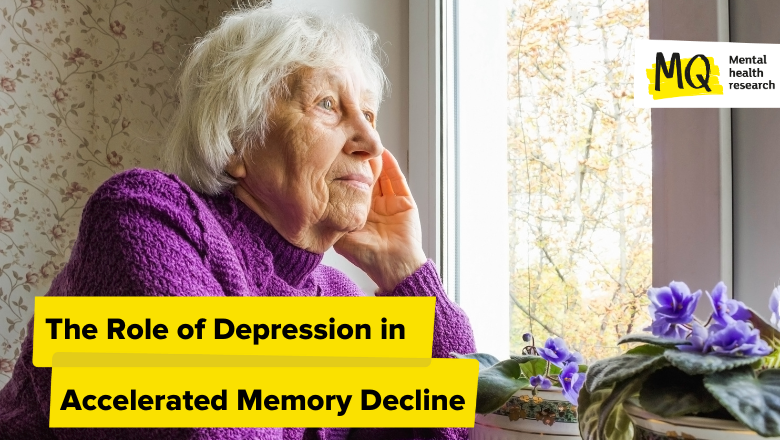
A study led by UCL and Brighton and Sussex Medical School, published in JAMA Network Open, reveals a two-way link between depressive symptoms and memory decline in older adults. Analyzing 16 years of data from 8,268 adults in England (average age 64), researchers found that depression and memory impairments seem to reinforce each other over time.
Senior author Dr Dorina Cadar explained, “It is known that depression and poor memory often occur together in older people, but what comes first has been unclear. Our study shows that the relationship between depression and poor memory cuts both ways, with depressive symptoms preceding memory decline and memory decline linked to subsequent depressive symptoms. It also suggests that interventions to reduce depressive symptoms may help to slow down memory decline.”
Lead author Jiamin Yin emphasized the importance of early monitoring:
“These findings underscore the importance of monitoring memory changes in older adults with increasing depressive symptoms to identify memory loss early and prevent further worsening of depressive function. Conversely, it is also critical to address depressive symptoms among those with memory decline to protect them from developing depression and memory dysfunction.”
The study suggests depression-related memory decline may result from neurochemical imbalances, structural changes in brain areas like the hippocampus, and cognitive issues caused by repetitive negative thinking, or rumination. Memory loss itself can fuel depression through impacts on daily functioning, confidence, and social engagement, potentially leading to social isolation. “Depression can cause changes in brain structures, such as the hippocampus, which is critical for memory formation and retrieval,” added Dr Cadar.
“Chronic stress and high levels of cortisol associated with depression can damage neurons in these areas.”
Researchers examined data from the English Longitudinal Study of Ageing (ELSA), finding that people with higher initial levels of depressive symptoms experienced faster memory decline, while those with poorer initial memory saw a rise in depressive symptoms. This pattern was not observed for verbal fluency, as initial levels of fluency were linked to depressive symptoms but did not predict changes over time. Researchers controlled for variables like physical activity and illnesses but noted that, as an observational study, the findings cannot establish causation.




